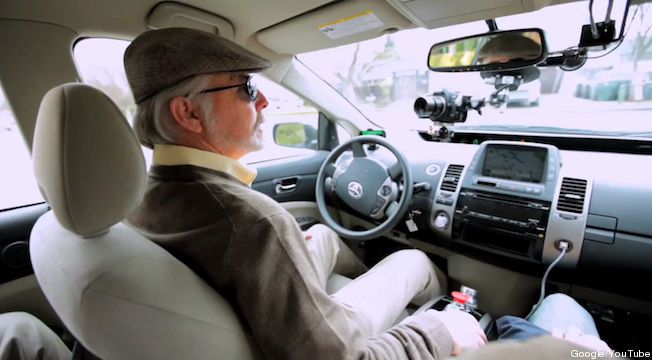 Today, Ryan Hagemann and I filed comments with the Federal Aviation Administration (FAA) in its proceeding on the “Interpretation of the Special Rule for Model Aircraft.” This may sound like a somewhat arcane topic but it is related to the ongoing policy debate over the integration of unmanned aircraft systems (UASs)—more commonly referred to as drones—into the National Airspace System. As part of the FAA Modernization and Reform Act of 2012, Congress required the FAA to come up with a plan by September 2015 to accomplish that goal. As part of that effort, the FAA is currently accepting comments on its enforcement authority over model aircraft. Because the distinction between “drones” and “model aircraft” is blurring rapidly, the outcome of this proceeding could influence the outcome of the broader debate about drone policy in the United States.
Today, Ryan Hagemann and I filed comments with the Federal Aviation Administration (FAA) in its proceeding on the “Interpretation of the Special Rule for Model Aircraft.” This may sound like a somewhat arcane topic but it is related to the ongoing policy debate over the integration of unmanned aircraft systems (UASs)—more commonly referred to as drones—into the National Airspace System. As part of the FAA Modernization and Reform Act of 2012, Congress required the FAA to come up with a plan by September 2015 to accomplish that goal. As part of that effort, the FAA is currently accepting comments on its enforcement authority over model aircraft. Because the distinction between “drones” and “model aircraft” is blurring rapidly, the outcome of this proceeding could influence the outcome of the broader debate about drone policy in the United States.
In our comment to the agency, Hagemann and I discuss the need for the agency to conduct a thorough review of the benefits and costs associated with this rule. We argue this is essential because airspace is poised to become a major platform for innovation if the agency strikes the right balance between safety and innovation. To achieve that goal, we stress the need for flexibility and humility in interpreting older standards, such as “line of sight” restrictions, as well as increasingly archaic “noncommercial” vs. “commercial” distinctions or “hobbyists” vs. “professional” designations.
We also highlight the growing tension between the agency’s current regulatory approach and the First Amendment rights of the public to engage in peaceful, information-gathering activities using these technologies. (Importantly, on that point, we attached to our comments a new Mercatus Center working paper by Cynthia Love, Sean T. Lawson, and Avery Holton entitled, “News from Above: First Amendment Implications of the Federal Aviation Administration Ban on Commercial Drones.” See my coverage of the paper here.)
Finally, Hagemann and I close by noting the important role that voluntary self-regulation and codes of conduct already play in governing proper use of these technologies. We also argue that other “bottom-up” remedies are available and should be used before the agency imposes additional restrictions on this dynamic, rapidly evolving space.
You can download the complete comment on the Mercatus Center website here. (Note: The Mercatus Center filed comments with the FAA earlier about the prompt integration of drones into the nation’s airspace. You can read those comments here.)



 The Technology Liberation Front is the tech policy blog dedicated to keeping politicians' hands off the 'net and everything else related to technology.
The Technology Liberation Front is the tech policy blog dedicated to keeping politicians' hands off the 'net and everything else related to technology.